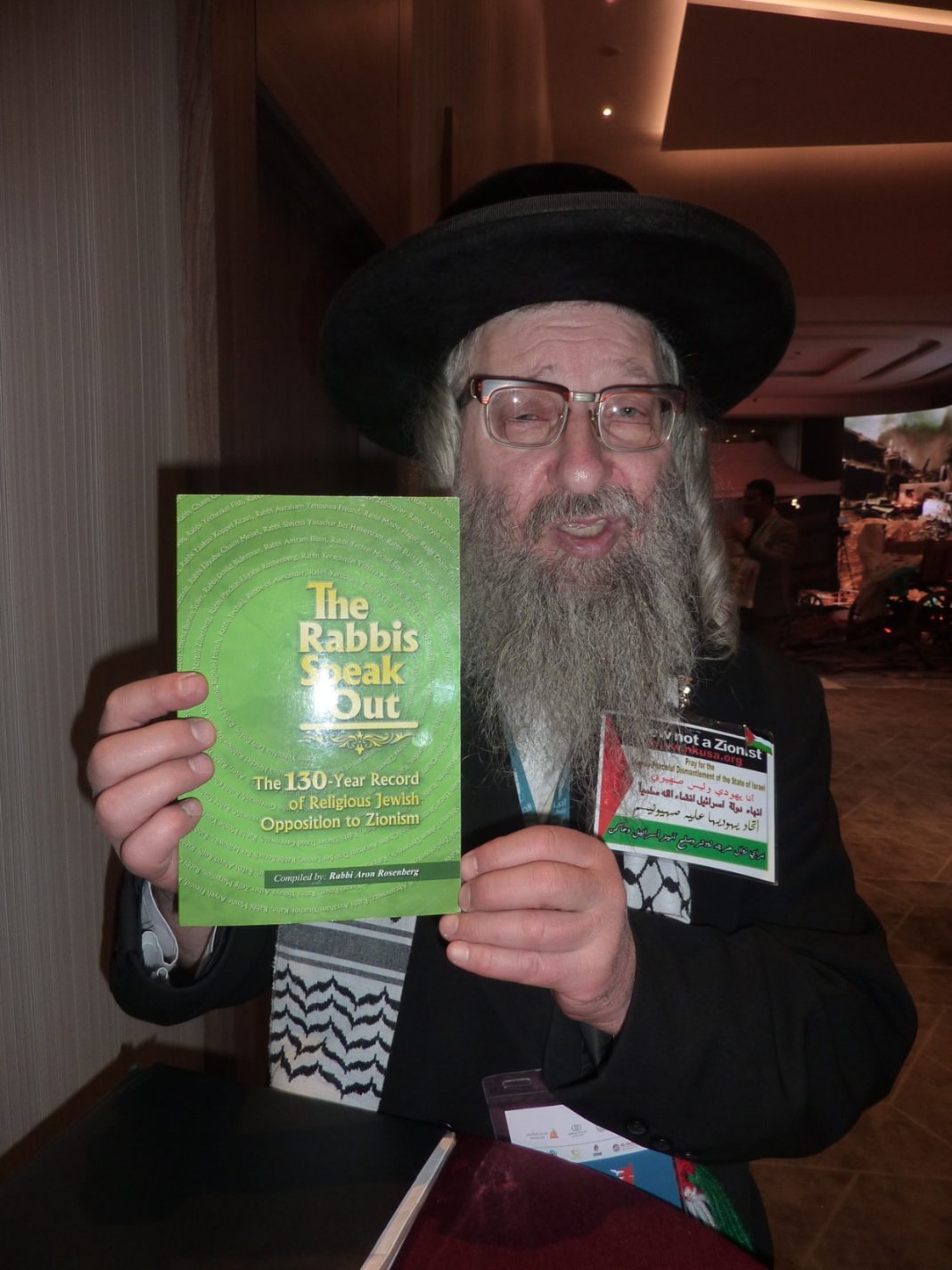In the Colourful Streets of Istanbul’s Balat District, Rabbi Yisroel Dovid Weiss Explains how Judaism Survived Thanks to the Muslim Empires
Nestled between two continents, Turkiye a testament to the complex web of cultures that have intertwined throughout history. Divided by the majestic Bosphorus Strait, this vibrant metropolis looks back on a rich history spanning thousands of years, where Asia and Europe meet in a fusion of tradition and modernity.
One of the city’s most enchanting districts is Balat, a vibrant neighbourhood whose winding alleyways echo with the sounds of different cultures. Here, a mosque, a church and a synagogue stand side by side, reminding us of the mosaic of cultures that have been at home in Istanbul for centuries.
Like Jerusalem, Balat is a beacon of coexistence where Christians, Jews and Muslims have lived side by side and left an indelible mark on the city’s cultural landscape.
During his visit to the colourful streets of Balat, Rabbi Yisroel David Weiss, a respected Jewish religious leader, highlighted the difference between Judaism and Zionism.
He reflected on the enduring connection between Jews and Muslims throughout history.
He remarked: “If Jews thrive today as a religious and national identity, it is thanks to the support of Iranians and Muslims.”
Rabbi Weiss emphasised the crucial role of Muslim empires in protecting Jewish communities during times of persecution – a legacy of gratitude that continues to this day.
Referring to historical accounts, Rabbi Weiss emphasised the Ottoman Empire’s benevolence towards persecuted Jews, particularly during the expulsion from Spain in 1492.
The merciful response of Sultan Bayezid II, who offered Jewish refugees refuge and safe passage, is an example of the spirit of tolerance and solidarity that characterised Ottoman rule.
Among the immigrants welcomed by the Ottoman Empire was Rabbi Yitzhak Sarfati, who campaigned for European Jews to seek refuge in Istanbul. His passionate plea echoes in the annals of history and emphasises that the Muslim rulers offered refuge to persecuted communities.
Rabbi Weiss also explained the difference between Judaism and Zionism, emphasising that the latter is a political movement distinct from religious teachings. Referring to biblical prophecies, he formulated a covenant with God that precludes the establishment of a Jewish state until the coming of the Messiah.
He deplored the Zionists’ conflation of religion and politics and emphasised that true Judaism rejects the idea of forced resettlement or territorial expansion.
Drawing parallels to current conflicts, Rabbi Weiss denounced the illegal occupation of Palestinian land by Zionist forces and emphasised that the roots of discord lie not in religious differences but in geopolitical ambitions.
He invoked the wisdom of Chief Rabbi Yusuf Tzvi Dushinsky, who spoke out vehemently against the establishment of a Jewish state in Palestine and appealed to the international community for justice and peace.
He added that Zionism is a national political movement and has nothing to do with Judaism and its teachings. It is highly reprehensible that they use religion. They have even misinterpreted the Torah and are misleading the new generation. “
He said that the Chief Rabbi of Jerusalem, Yusuf Tzvi Dushinsky, had written a letter to the United Nations in July 1947 in which he spoke out against the establishment of a Jewish state in any part of Palestine. This letter is on file at the United Nations, he said. The rabbis also asked the major powers of the time for help.
As the sun sets over the shimmering waters of the Bosphorus, Rabbi Weiss’ words linger, a poignant reminder of Istanbul’s enduring legacy of tolerance and compassion.
The rabbi emphasised that Muslims around the world must distinguish between Judaism and Zionism. The reason for the conflict between Israel and Palestine is not religious differences, but the illegal occupation of Palestinian land by the Zionists.
History shows that Muslims and Jews lived peacefully and harmoniously as good neighbours until the advent of Zionism.
The city’s labyrinthine streets and towering minarets echo past eras, weaving a tapestry of faith and history that spans borders and continents. Istanbul, a city where the past blends with the present, invites travellers to explore its myriad wonders and embrace the timeless spirit of coexistence.
Iftikhar.gilani@gmail.com




